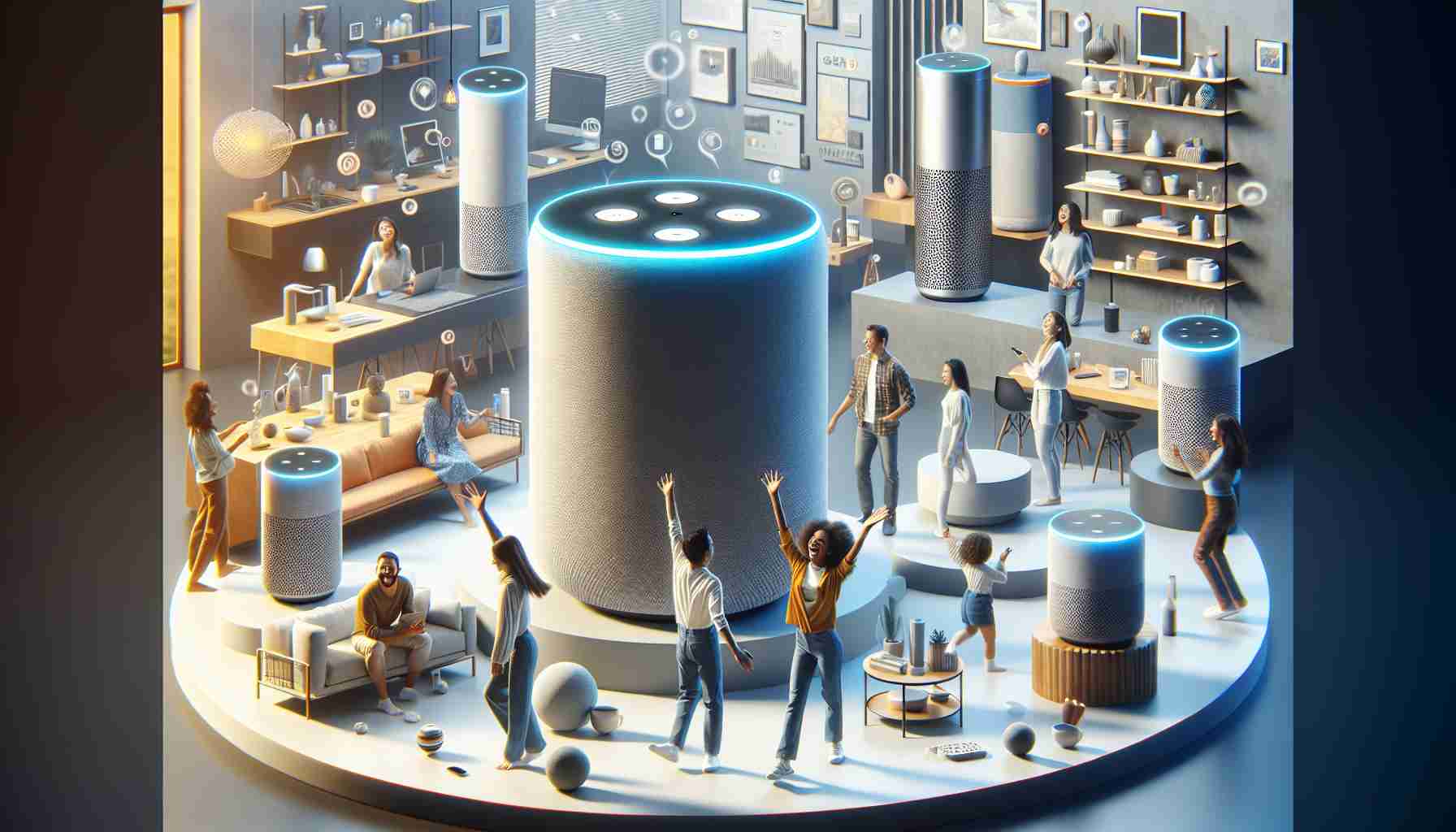Summary: The rise of smart speakers has transformed the way we interact with technology in our homes. These voice-activated devices offer convenience and functionality, allowing users to control various aspects of their lives with simple voice commands. This article explores the smart speaker revolution, its impact on our daily routines, and the future prospects of these innovative devices.
Introduction:
In recent years, there has been a remarkable surge in the popularity and adoption of smart speakers. These voice-controlled devices, equipped with virtual assistants, have become an integral part of many households across the globe. This revolution in home technology has made it possible to perform a wide range of tasks including playing music, setting reminders, answering questions, and even controlling compatible smart home devices, all by simply using voice commands.
The Rise of Smart Speakers:
The introduction of Amazon’s Echo with its virtual assistant, Alexa, was a game-changer in the smart speaker market. Since its launch in 2014, the Echo has gained significant popularity and has spurred the development of similar devices from other technology giants such as Google, Apple, and Microsoft. The smart speaker market has evolved rapidly, offering consumers a range of options tailored to their preferences and needs.
Impact on Daily Routines:
Smart speakers have transformed daily routines by providing an effortless way to access information and control devices. These devices have become personal assistants, helping users plan their day, manage schedules, and stay organized. With the ability to connect to various streaming services, smart speakers have also become a primary source of entertainment, allowing users to listen to music, audiobooks, and podcasts with ease. Moreover, the integration with smart home devices has enabled users to control lighting, thermostats, and security systems seamlessly.
The Future of Smart Speakers:
The smart speaker revolution shows no signs of slowing down. As technology continues to advance, smart speakers are expected to become even more sophisticated and personalized. Enhanced voice recognition, improved natural language processing, and integration with emerging Internet of Things (IoT) devices will further expand the capabilities of smart speakers. These devices will likely become central hubs for smart homes, monitoring health parameters, and assisting with tasks, making our lives more convenient than ever before.
FAQs about Smart Speakers:
Q: What is a smart speaker?
A: A smart speaker is a wireless, voice-activated device equipped with a virtual assistant that can perform various tasks based on voice commands.
Q: How does a smart speaker work?
A: Smart speakers use a combination of voice recognition, natural language processing, and internet connectivity to understand and carry out user commands.
Q: Which companies produce smart speakers?
A: Some prominent companies producing smart speakers include Amazon (Echo), Google (Google Home), Apple (HomePod), and Microsoft (Cortana-powered devices).
Q: Can I control my smart home devices with a smart speaker?
A: Yes, many smart speakers integrate with compatible smart home devices, allowing users to control lighting, thermostats, security systems, and more.
Q: Are there privacy concerns with smart speakers?
A: Privacy is a valid concern with smart speakers. While these devices listen for the wake word, they do collect and store voice data to improve their performance. Users should review privacy policies and take necessary precautions.
Sources:
– For more information on Amazon Echo: www.amazon.com
– For more information on Google Home: store.google.com
– For more information on Apple HomePod: www.apple.com
– For more information on Microsoft Cortana-powered devices: www.microsoft.com
The source of the article is from the blog windowsvistamagazine.es
